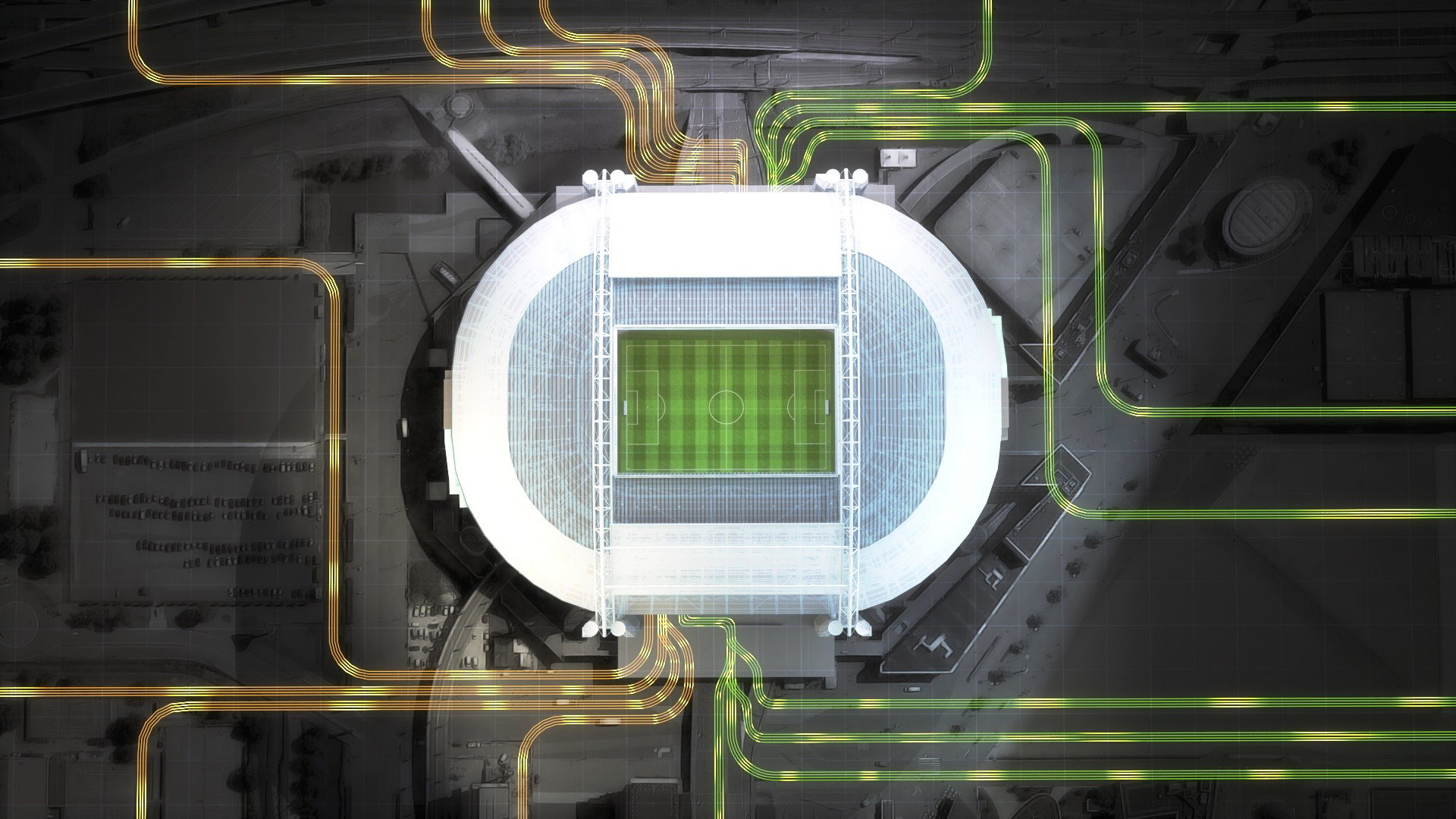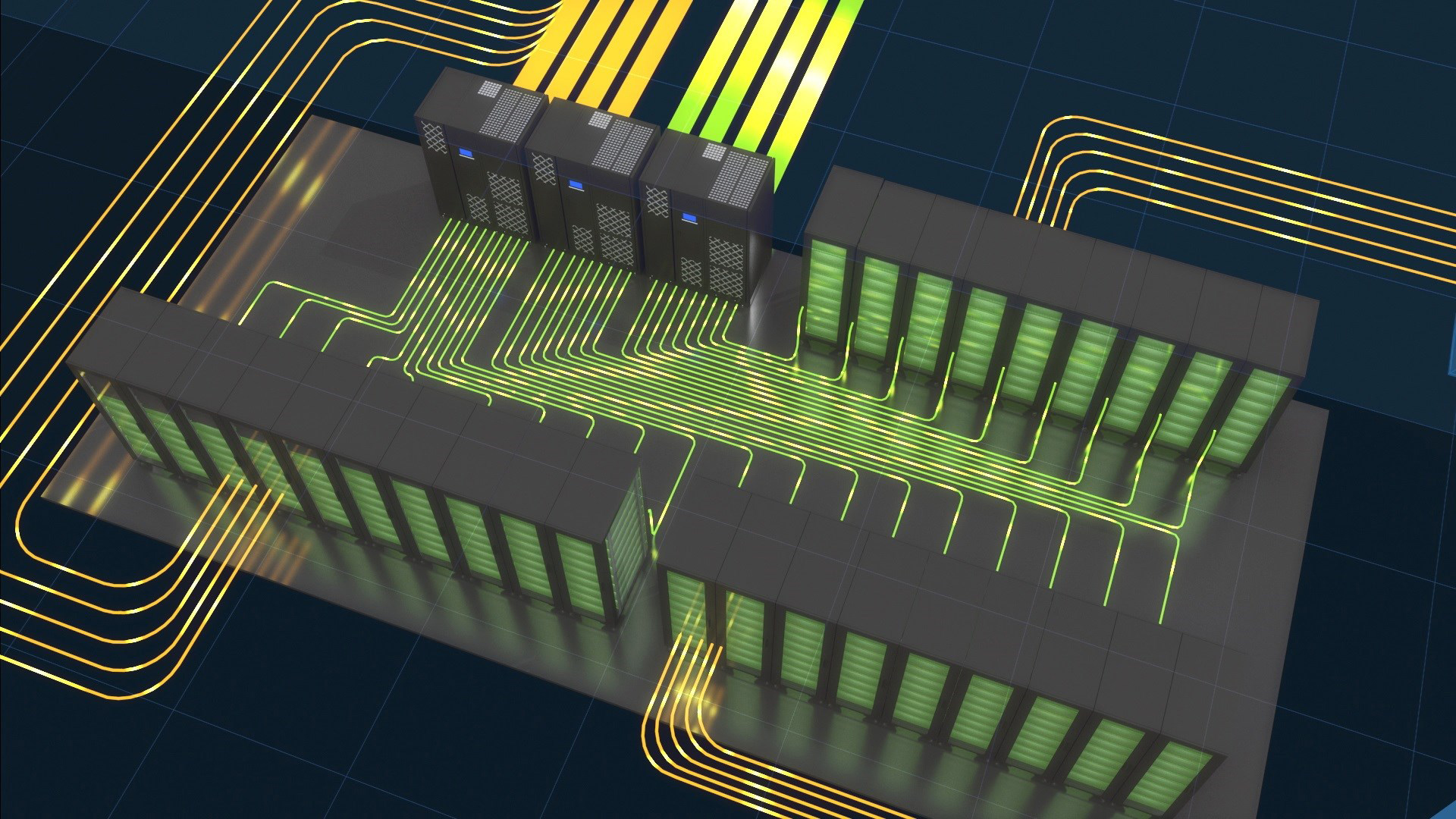
Nissan now wants to power your home with EV batteries
Using batteries to power your home and business, and the future of self-driving
Nissan: a Japanese car company making crossovers by the bucket load, our ol' favourite the GT-R, various other models and the best-selling EV in the world, the Leaf. Now, it wants to power your toaster. Your entire home, actually. And your business. And your favoured footballing stadium.
First, some context. In May, Nissan announced plans to help home owners manage energy use by installing one of its xStorage battery packs. They've now gone to pre-order stage in three countries including the UK, and there are six different products to choose from depending on the size of your house and your budget. Options include 'second life' batteries from Nissan-Renault electric cars or brand new ones. If you're the type who already has solar panels or your own wind turbine, they can plug straight into it, bringing home electricity costs right down. The future plan is to allow owners to give energy back to the grid.
Scaling up that idea are xStorage Buildings, which are for commercial use, but the same idea. The first has been deployed at the 55,000-seat Amsterdam Arena, using the equivalent of 280 Nissan Leaf batteries to provide energy control and balance, plus back-up, for the massive stadium. Nissan reckons there are already over 260,000 EVs with these batteries in them and increased demand should see that figure rocket and reusing the batteries is part of its vision for a better-planned future.
Naturally, more EVs figure into that vision, but so too does autonomous driving. To kick start Nissan's foray into self-driving cars, it commissioned a massive survey (6,000 people across Europe) to understand how people viewed autonomous driving. On top of that, Nissan worked with the Policy Network think tank to analyse the benefits offered by an autonomous driving future. The resulting report, 'Freeing the Road: Shaping the future for autonomous vehicles' is over 60 pages long and is fascinating, but the attention grabbing figure is that autonomous drive vehicles could contribute €17 trillion (about £14.4 trillion) to the European economy by 2050. That's a staggering amount of money.
Paul Willcox, chairman of Nissan Europe, said: “This independent report highlights that we are in the midst of a social and economic revolution. It shows that autonomous technology will have a fundamental impact not just on the automotive industry but across European economies and societies and it suggests that leadership within all levels of government is needed.
“At Nissan we believe, for the full benefits of autonomous drive technologies to be realised, governments and municipalities across Europe should review the report’s findings, work hand in hand with the automotive industry, and play a vital role in ushering in this new technological era.”
Clearly, this is all still pie-in-the sky thinking from Nissan and it requires a huge concerted effort from all parties to realise. For its part, Nissan will roll out first stage autonomy (assistance on the motorway and in traffic jams, as we've seen from BMW, Mercedes and Volvo already) in early 2017 on its Qashqai model. It seems the revolution starts from small beginnings.
Top Gear
Newsletter
Thank you for subscribing to our newsletter. Look out for your regular round-up of news, reviews and offers in your inbox.
Get all the latest news, reviews and exclusives, direct to your inbox.
Trending this week
- Top Gear's Top 9
Here are nine of the coolest car nicknames










